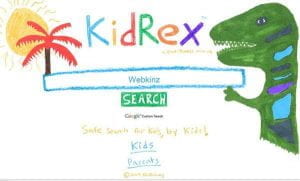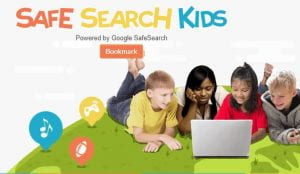When you are given a topic (or subject) for a research paper, what’s the first place you look for information? How do you search?
HU if you have an answer!
Even though Google is really good at understanding what you are looking for when you type in or ask a long question, lots of websites you will search are not so good at dealing with a long sentence and too many words. Google and other sites do not need you type a long question in order to get the most specific information for your project. They just match the most important words in your search with the websites that best match those words. So the key to finding the information that will be really specific to what you are looking for is keywords. This is easy to remember, just think THE KEY IS KEYWORDS!
Keywords are the most important words in your search. Here is an example. I am doing a project on Tigers and I need to know how much they weigh. Instead of typing in the question; how much do tigers weigh? I can just type in the keywords.
How much do tigers weigh? — KEYWORDS: Tigers Weight
Here is another example.
How many teeth does an adult tiger have? — KEYWORDS: Tigers teeth
I get my results like magic!!
What if I just want a page of information all about Tigers? I would type in a very easy easy keyword: just TIGERS or TIGER FACTS.
We are all going to open up a new tab next to this meeting and try this out for ourselves using the following questions. Try and figure out how to run your search with just TWO important keywords per question.
Example 1: My dog is digging in the backyard. Why is it doing this?
Example 2: My friend just cheated at chess. What are the rules?
Example 3: Who is the author of the Amulet graphic novel series?
Now sometimes to get the best keywords we need to change a word around. For the next example, does anyone know what the word is for how much money someone makes in a year?
Example 4: How much money does Justin Trudeau make per year?
If your essential question for your research project is a bit longer, you will need extra keywords in your search. Here is an example of an essential question that my daughter came up with for her Genius Hour project. In order to get great results, she will need more than two keywords.
Example 5: How do professional photographers take such great portraits?
Her Keywords: tips for portrait photography OR professional photography tricks for portraits
Remember, sometimes it will take more than one try and sometimes it will take lots of searches with many different keywords to get the best results. The good thing is, you can try as many times as you need to until you find exactly what you are looking for!
Kid-Friendly Search Engines
We want to find information that is written for kids to use, not big long complicated websites that we struggle to understand. That is why there are some really excellent kid-friendly search engines that will get us the best results for our project.
Keeping Track of Your Sources
As you go, keep a list of the websites and books you use. This information could be the last page of your project. That page is called a BIBLIOGRAPHY. It lets your teacher know where you found your information. As you get older you will need to do this in a proper, structured way. But in earlier grades, keeping a simple list of books and websites you use is enough. If the webpage address is very long, it might be hard to type out, which is why we can use copy and paste to copy the URL (the address.)
Here is how you do it;
- Double click on the webpage URL in the address bar.
- Click ‘copy’
- On your bibliography page click ‘paste’
Done!!
Now you have some basic research skill techniques that will make doing any research project easier!




No comments:
Post a Comment